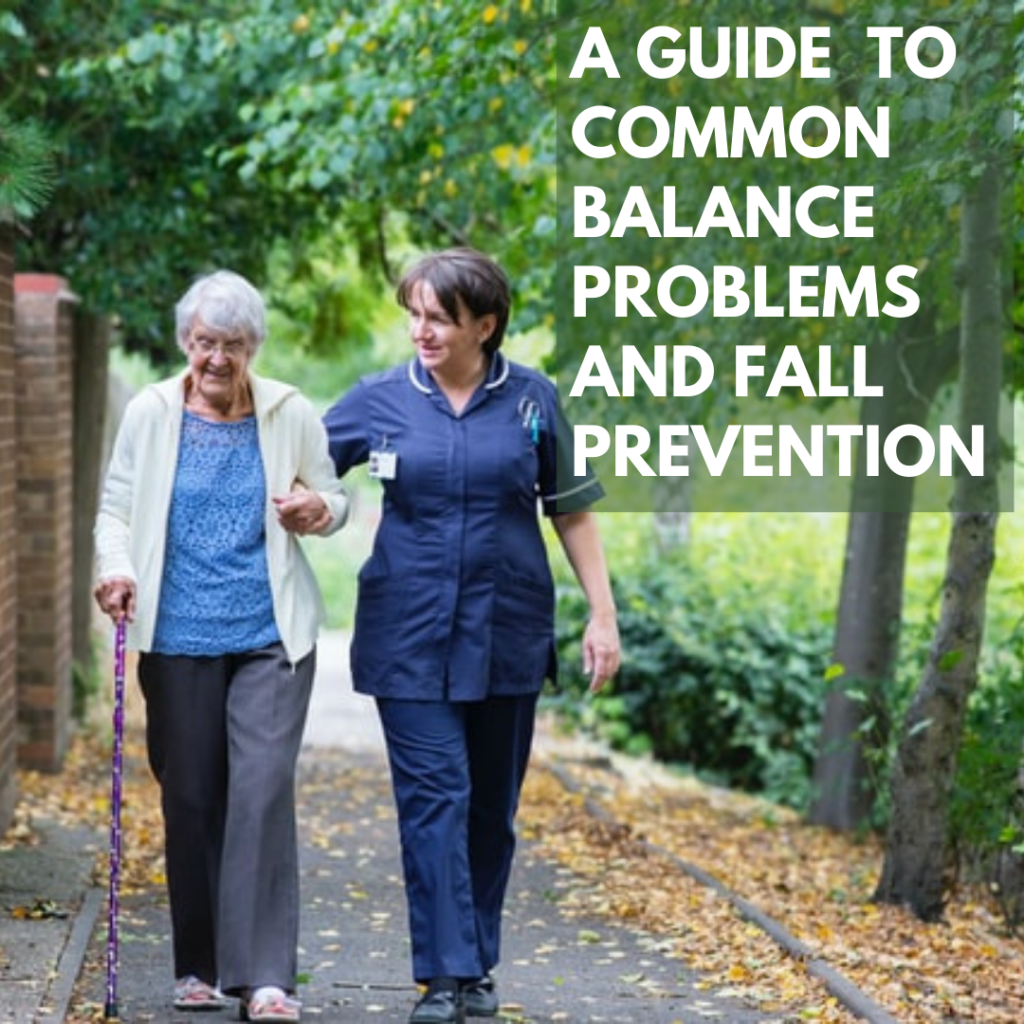Good balance is crucial for different day-to-day activities, like walking, running, or going up and down the stairs. The key is to keep your core muscles strong, but other factors can make you lose balance as you age. For example, poor vision or weakened muscles can weaken your ability to remain steady on your feet.
Aside from the natural aging process, poor balance can be caused by a specific disease, disorder, or injury. To learn more about these disorders and how to prevent falls, here are some common balance problems among seniors that you should know about:
Ramsay Hunt Syndrome
As a senior, you may be more prone to shingles, a viral skin condition that causes a painful rash. This virus can also affect the facial nerves near your ear. When this happens, you can develop Ramsay Hunt Syndrome, also known as herpes zoster oticus. This neurological disorder impacts your facial, auditory, and vestibular nerves.
One of its symptoms is vertigo, the sensation that the inside of your head is spinning. It is also usually accompanied by ear pain and hearing loss. It can make you faint, feel lightheaded, or lose your balance due to vestibular problems, nerve damage to your legs, vision, muscle, or joint issues. If you or your elderly loved one has this condition, seek hospice care right away.
Benign Paroxysmal Positional Vertigo
Benign Paroxysmal Positional Vertigo (BPPV) is a popular type of balance disorder and one of the most common causes of vertigo. This inner ear disturbance causes episodes of mild to intense dizziness and is often triggered by the changes in your head’s position.
While only a few people have heard of this condition, it is common among people over 60. It usually occurs when they lie down, turn over, sit up in bed, or tilt their head up or down. Make sure to keep an eye out for intense vertigo when moving your head.
Certain chronic medical conditions
Different chronic medical conditions can make it more difficult for you to keep your balance. If you suffer from a long-term condition that affects your nervous system, like Parkinson’s disease, Alzheimer’s disease, and multiple sclerosis, it can have an impact on your balance. You can also lose your steadiness if you have eye problems or take certain medications for heart problems, arthritis, and other chronic illnesses.
Meniere’s Disease
Meniere’s disease is an inner-ear condition that can cause vertigo, ringing or pressure in your ear, and hearing loss that comes and goes. It usually affects only one ear and is caused by a viral infection, genetic predisposition, abnormal immune response, or improper fluid drainage. As you have sporadic hearing loss, you can experience weak balance and increase your risk of falls.
How Do I Manage or Prevent Falls?
Falls are common among older adults, and they remain a leading cause of disability among seniors. If you or someone you love has persisting balance problems, it may be the best time to consider seeking hospice care. The staff can provide licensed clinical support, assuring you that they can offer the type of care needed at the comfort of your home.
Conclusion
Maintaining good balance is crucial, especially among older adults, as they are prone to falls. The good news is that going through the natural aging process doesn’t mean constantly being on the brink of falling. By remembering the balance disorders listed above and using hospice care to your advantage, you can prevent falls and stay steady.
If you are searching for highly trained clinicians and therapists specializing in hospice in California, you can count on Bridge Home Health & Hospice. We provide home-based patient care for your loved one. Contact us to learn more about our specialty programs!

